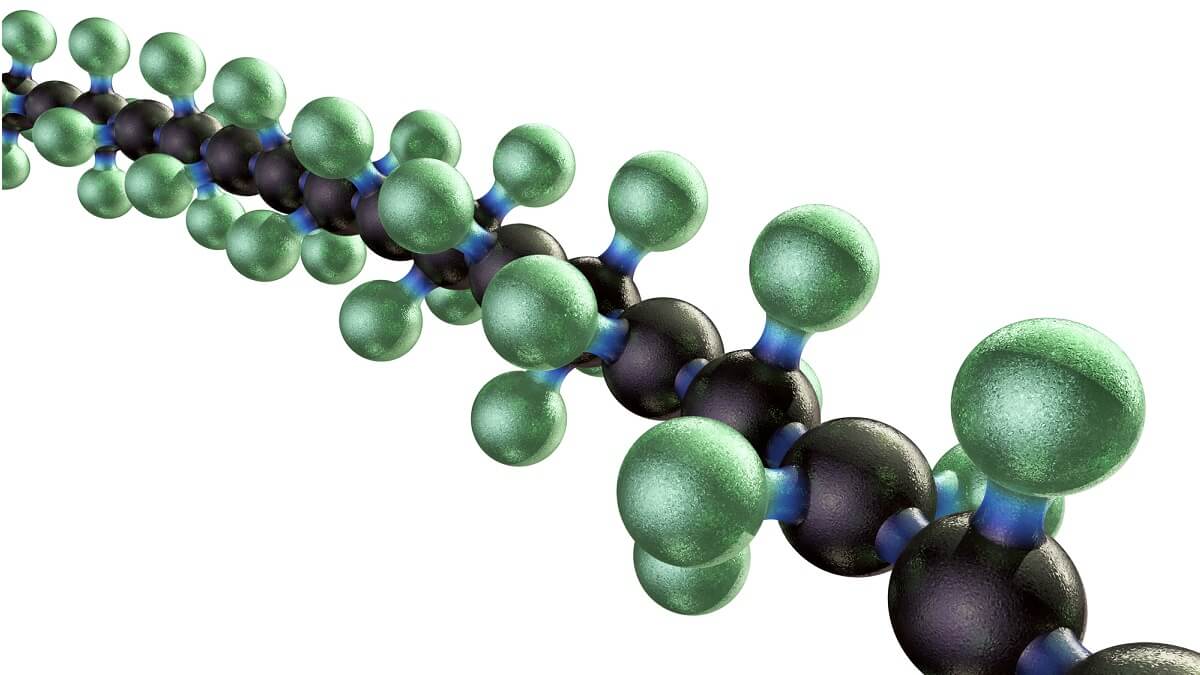Recognizing Polymers: The Scientific Research Behind Versatile Products
Checking Out the Varied Applications and Advantages of Polymers in Different Industries
Polymers, with their diverse series of residential or commercial properties and capabilities, have actually come to be indispensable in various sectors, each reaping distinct take advantage of their application. Polymers. From enhancing safety and performance in the automotive industry to changing clinical gadgets in the health care market, polymers play a critical role. Their environmentally friendly nature is altering the landscape of sustainability techniques. As we look into the depths of polymers in electronics, we reveal sophisticated advancements, while their structural integrity changes the realm of building and construction and framework. The prevalent influence of polymers throughout industries is a testament to their convenience and flexibility, shaping the future of countless fields.
Automotive Market Applications
Polymers play a crucial role in enhancing the performance and resilience of different elements within the auto sector. One popular use of polymers in the vehicle industry is in the production of lightweight elements.

Healthcare Sector Advantages
In different healthcare applications, the advantages of utilizing polymers are commonly acknowledged for their varied variety of useful homes. Polymers play a crucial role in the medical care industry because of their convenience, biocompatibility, and cost-effectiveness. Among the key benefits of polymers in health care is their capability to be tailored to specific demands, such as adaptability, durability, and biodegradability, making them perfect for a vast array of clinical applications.
Polymer-based products are thoroughly utilized in medical tools, such as catheters, implants, prosthetics, and medicine delivery systems, as a result of their biocompatibility and capacity to mimic natural cells. These products can decrease the risk of sensitive responses or rejections, enhancing client security and outcomes. Additionally, polymers are light-weight, making them appropriate for wearable medical tools and making sure individual comfort.
Moreover, polymers enable the advancement of innovative therapy techniques, such as hydrogels for tissue design and nanocomposites for targeted drug shipment. Their convenience of processing and sanitation makes them important for keeping high requirements of health in healthcare settings. On the whole, the diverse benefits of polymers contribute substantially to innovations in medical modern technology and patient treatment.
Ecological Advantages of Polymers

Furthermore, polymers can add to energy cost savings because of their light-weight nature. In sectors such as transport, light-weight polymer materials can help in reducing gas intake and greenhouse gas exhausts. Furthermore, polymers can make it possible for the growth of energy-efficient items such as insulation products that boost power preservation in structures.
Moreover, polymers play a vital duty in minimizing water contamination. As an example, making use of polymer-based filtering systems can effectively eliminate contaminants and pollutants from wastewater, protecting water resources and communities. In general, the environmental advantages of polymers make them useful possessions in promoting sustainability and environmentally friendly methods across various sectors.
Polymers in Electronic Devices and Technology
Considering the raising need for innovative and lasting options in contemporary sectors, the combination of advanced polymer modern technologies in the world of electronic devices and innovation has arised as a critical strategy for driving performance and efficiency. Polymers have reinvented the electronic devices market by making it possible for the production of lighter, more adaptable, and resilient digital gadgets. From smartphones to clinical devices, polymers play an essential function in improving item style and performance.
One substantial advantage of polymers in electronics is their insulating residential or commercial properties, which aid safeguard fragile electronic elements from ecological variables and electrical disturbance. Additionally, polymers are necessary in the development of versatile display screens, wearable technology, and printed electronics, supplying endless opportunities for developing smart and interconnected gadgets.
Moreover, the use of polymers in digital packaging has caused read what he said innovations in miniaturization and thermal management, enhancing the general performance and integrity of digital systems. As technology remains to develop, the convenience and flexibility of polymers will certainly drive further advancement in the electronic devices sector, forming the future of modern technology.
Duty of Polymers in Construction and Infrastructure
The integration of advanced polymer products in building and facilities jobs has actually reinvented the means structures are created and integrated in modern-day times. Polymers use countless benefits in the building market because of their versatility, resilience, and cost-effectiveness. One essential function of polymers in construction is their use in layers and sealers, providing defense against environmental factors such as dampness, UV radiation, and deterioration. In addition, polymers are utilized in the production of light-weight and high-strength composite materials, enhancing the architectural honesty of buildings while decreasing general weight.
Moreover, polymers play a critical function in sustainable building practices by enabling the development of energy-efficient structures. Protecting materials made from polymers assist regulate interior temperature levels, reducing the need for heating and cooling down systems and inevitably reducing power usage. In addition, using polymer-based composites in framework projects such as bridges and roadways enhances their durability and lowers maintenance prices. Overall, the unification of polymers in construction and facilities displays their significant effect on contemporary design practices.
Verdict
To conclude, polymers play an important duty in numerous sectors such as automotive, healthcare, environmental, electronics, and building and construction. Their functional homes make them useful in developing cutting-edge options and items. From boosting gas efficiency in cars to enhancing medical devices, polymers offer numerous advantages. In addition, their effect on minimizing waste and promoting sustainability highlights their basics importance in contemporary applications. The extensive use of polymers demonstrates their significant contribution to progressing innovation and boosting top quality look these up of life.